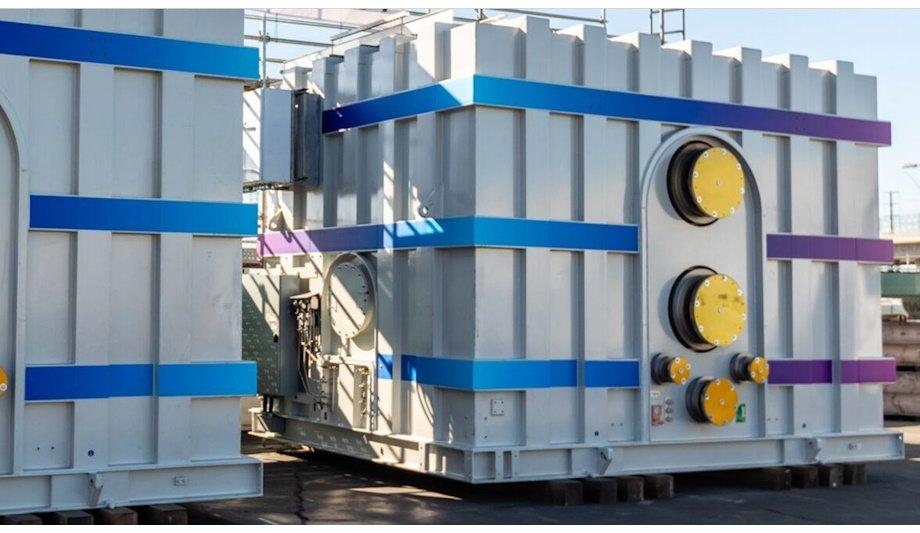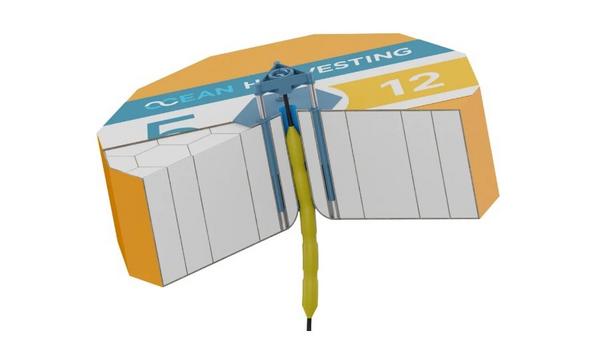ExxonMobil plans to build a pilot plant at the Botlek site in Rotterdam, using carbonate fuel cell technology. These fuel cells have the ability to capture CO2 emissions from industrial sources, before they are released into the atmosphere, while also making valuable by-products.
The technology produces low carbon power, heat, and hydrogen as by-products. The CO2 captured will be transported through Porthos and stored in depleted gas fields under the seabed of the North Sea.
Performance and usability of CFC technology
The pilot plant aims to collect data on the performance and usability of the carbonate fuel cell (CFC) technology, that was jointly developed with FuelCell Energy. The technology is modular, making it potentially ready for broad-scale implementation.
This is the first time that carbonate fuel cell technology is being tested for CO2 capture in an industrial environment. This pilot aims to address possible technical issues that may occur in a commercial environment and better understand the costs of installing and operating a CFC plant for CO2 capture.









